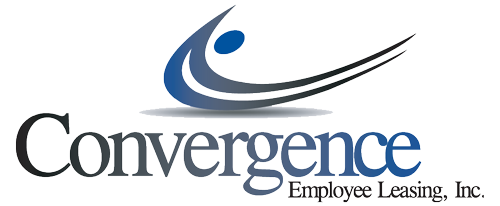
Remote work is a growing trend that is here to stay.
One in three—that’s how many employees are more likely to search for a new job if they are required to return to the office full-time, according to a recent Qualtrics study. During the pandemic, there was a drastic shift to remote work. As things have begun to return to “normal,” many employees are still seeking flexible work arrangements, and many companies are wondering if remote work is a viable long-term option.
While technology certainly makes remote work more feasible, some industries and positions are better suited for it. So, is it right for your company and employees? Consider these pros and cons before deciding whether it is the right choice for your small business.
Remote Work Pros
- Time Savings: No commute time helps contribute to employees’ work-life balance, leading to higher productivity and reduced stress levels.
- Cost Savings: Both employers and employees benefit from cost savings. Employees have fewer commuting expenses, and fewer people in the office means employers can cut down on office-related costs.
- Increased Productivity: Working remotely means fewer distractions and interruptions than working in a traditional office environment. With fewer distractions, employees are more focused on their work, thus making them more productive.
- Recruitment and Retention Benefits: Companies that offer remote work options are more attractive to the current workforce. By providing this as an option in some capacity, employers can attract and retain top talent.
Remote Work Cons
- Less Connection: While remote work can increase productivity due to limited distractions and interruptions, it also creates fewer social connections. Without interactions from coworkers, such as coffee breaks and catch-up chats, employees have fewer opportunities to connect socially.
- Loneliness: Less social interactions can equate to loneliness for some employees, especially for those who live, and therefore now work, alone.
- Dependent upon Technology: Technology is vital to efficiently and effectively work remotely. Unfortunately, this reliance on technology means it is hard to be productive when something is not functioning correctly. Additionally, since technology is constantly evolving, your company must always stay up-to-date with the latest innovations.
Beyond Remote Work Decisions
As a small business owner, you have countless decisions to make and tasks to accomplish each day. While remote work is one of those decisions, there are dozens of other human resources and administrative services that you can outsource to a Professional Employer Organization (PEO), such as Convergence Employee Leasing. Contact us today to find out how we can become an extension of your business to help you refocus on what really matters: growing your small business.



